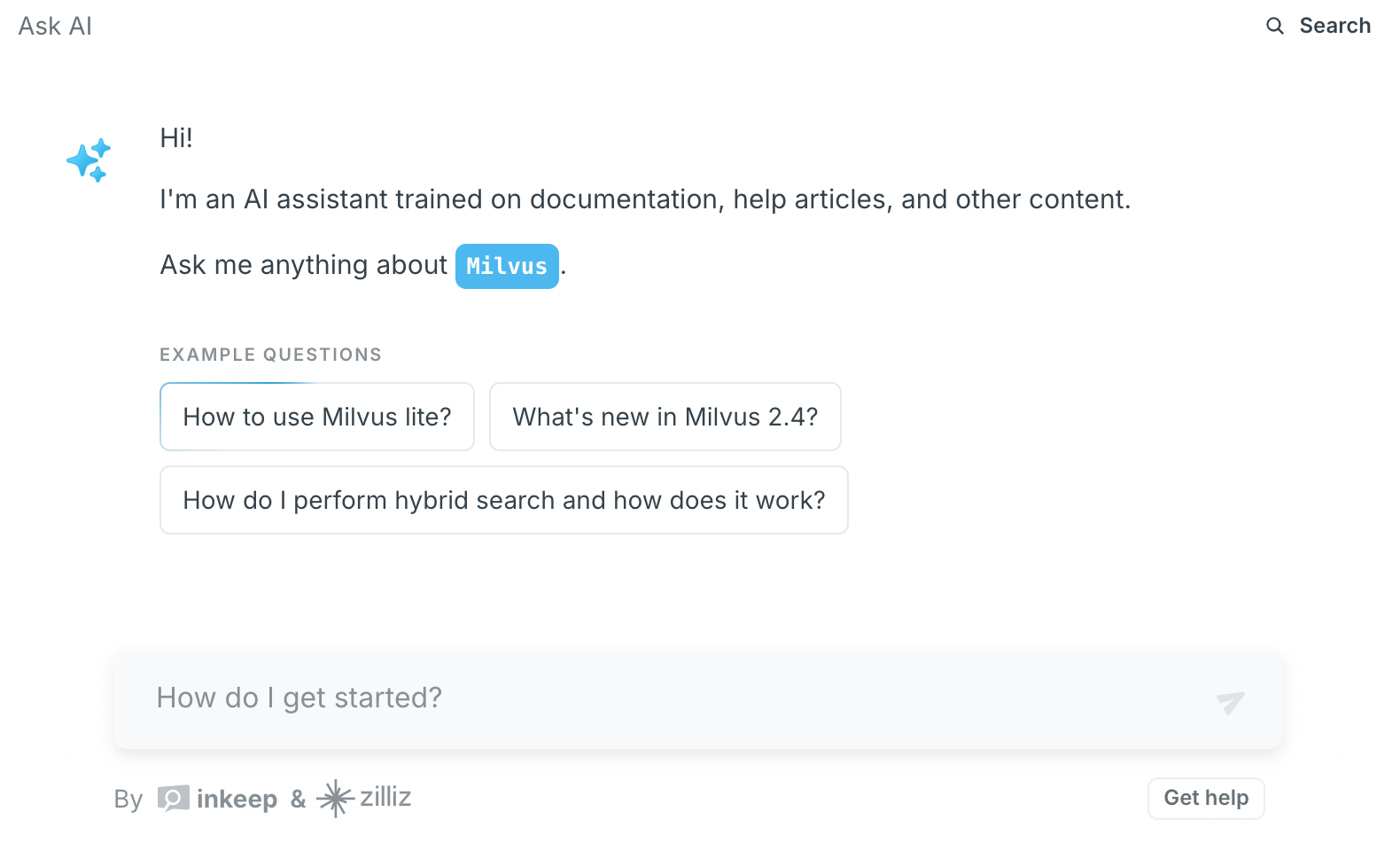Retrieval can save time over an LLM-generated response when the required information is external, time-sensitive, or highly specific. LLMs generate answers based on patterns in their training data, but they can’t access real-time data, proprietary datasets, or niche technical details they weren’t trained on. For example, if a developer asks, “What’s the current version of Python’s pandas library?” the LLM might recall the latest version from its training data (e.g., 1.5.3) but won’t know if a newer version (e.g., 2.1.0) was released last week. Retrieving the answer directly from PyPI or the library’s documentation provides an accurate, up-to-date response instantly, whereas the LLM would either guess incorrectly or spend computational effort inferring an outdated answer.
Another case is when resolving highly domain-specific or internal knowledge. Suppose a developer asks, “How does our internal API handle retries for payment processing failures?” The LLM might generate a generic answer about HTTP retries, but retrieving from internal documentation or codebase comments would yield the exact logic (e.g., “3 retries with 2-second backoff”). Without retrieval, the LLM would either produce a vague response or require multiple iterative prompts to approximate the correct answer, wasting time. Retrieval bypasses guesswork by pulling precise details from verified sources, which is especially critical for workflows like debugging or system design where accuracy matters.
Finally, retrieval shines in scenarios requiring cross-referencing multiple data points. For example, answering “What’s the average response time of Service X in the last 24 hours, and how does it compare to our SLA?” requires combining real-time metrics (from monitoring tools) with contractual terms (from a database). An LLM alone can’t access either dataset. Trying to simulate this through reasoning would lead to hypotheticals or errors, whereas retrieval systems can query both sources in milliseconds and synthesize the answer. This is faster and more reliable than expecting the LLM to “hallucinate” plausible numbers or logic, which would require manual verification anyway. Retrieval shifts the work from speculative computation to direct fact-fetching.
